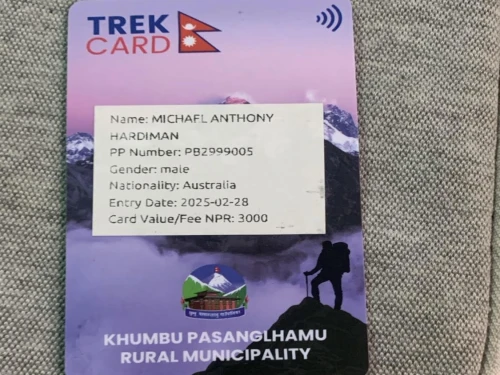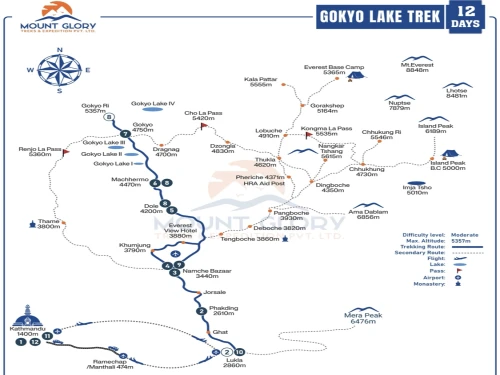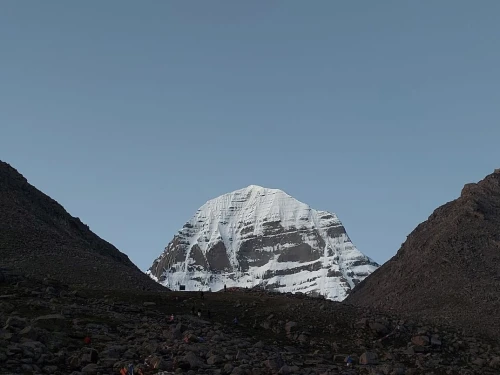Meaning Of Namaste:
Namaste(/ˈnɑːməsteɪ/) is a customary Hindu greeting especially found in the Indian subcontinent. It is also spoken as Namaskar and Namaskaram. It is used for greeting and leave-taking. Namaste is usually spoken with a slight bow, and both hands pressed together, palms touching fingers pointing upwards, and thumbs close to the chest. The meaning of Namaste, according to Hindus,m is to bow to the divine in you. The Namaste gesture is often performed wordlessly. In the spiritual practice of yoga, Namaste is a word that brings about the essence of oneness and understanding of the true nature of reality.
The Indian subcontinent, where Hinduism is practiced, uses this major greeting at the base level. Namaste is a salutation of respect and reverence. It is translated to I bow to You (Namah or names or naman), which is the gesture of Anjali Mudra( prayer Position of the hands), not only accompanies the word but is synonymous with its meaning. People perform this greeting every time they meet other people in the street, temple, elderly people, children, and teachers with the guest.
Namaste represents the idea that all the people and happenings in this world are one. It means you are made of the same stop one is different, and everything that exists is one divine consciousness that longs to experience itself in different forms. As human beings, giving and forgiving are in our nature. Every person's thoughts, feelings, and experience is the perfect expression of divine awareness. This simple method of wisdom, joining hands together, is the teaching that says your spiritual practice is the art and act of remembering who you are and what you can achieve.
It is famous for tourists visiting the Mountains. Every time you meet new people,e you will be greeted with Namaste. It is respecting the guest and new friend. People find you and the divine inside you to be unique, and you possess lots of wisdom and kindness. It is a simple greeting technique that is famous all over the mountain settlement. Even children, sick and socially boycotted, elderly, mad, sportsmen, and every person in the mountain takes this greeting wisely. They feel happy,y and they find that you belong to them and they belong to you. We recommend you use this greeting when you meet new people during trekking time.



 4 reviews
4 reviews
.webp)



